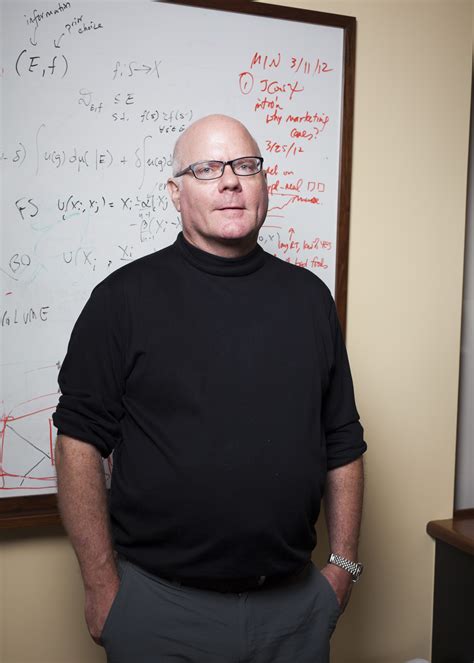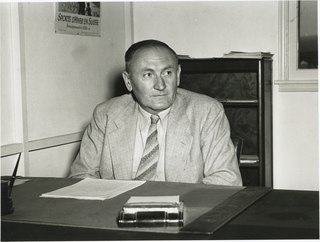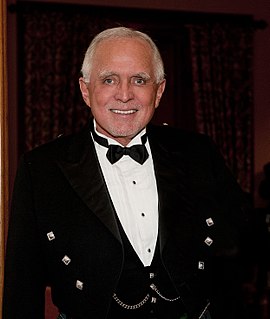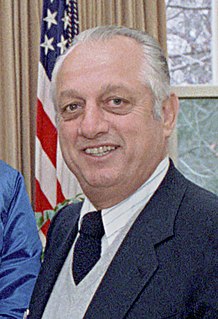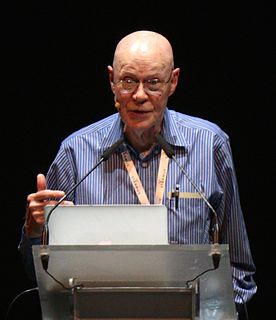A Quote by Richard P. Feynman
I practiced drawing all the time and became very interested in it. If I was at a meeting that wasn't getting anywhere - like the one where Carl Rogers came to Caltech to discuss with us whether Caltech should develop a psychology department - I would draw the other people.
Related Quotes
I do think that we'd do better if we just offered all the bureaucrats in the Department of Education very attractive early retirements. But whether you want to abolish the department is another matter. Maybe there's room for recruiting a lot of visionary people who would do very good things: develop new techniques, new ideas, foster innovative models, disseminate those ideas.
Nothing gives us greater pride than the importance of India's scientific and engineering colleges, or the army of Indian scientists at organizations such as Microsoft and NASA. Our temples are not the god-encrusted shrines of Varanasi, but Western scientific institutions like Caltech and MIT, and magazines like 'Nature' and 'Scientific American.
People regularly practice playing a sport like golf or basketball - but few people think about 'practicing being successful.' I had practiced meeting the Queen of England - what I would wear, how I would stand, the handshake - so when I did meet her, I was comfortable - for I had practiced the moment for years.
I remember that one time Carl Sagan was giving a talk, and he spelled out, in a kind of withering succession, these great theories of demotion that science has dealt us, all of the ways in which science is telling us we are not who we would like to believe we are. At the end of it, a young man came up to him and he said: "What do you give us in return? Now that you've taken everything from us? What meaning is left, if everything that I've been taught since I was a child turns out to be untrue?" Carl looked at him and said, Do something meaningful.

